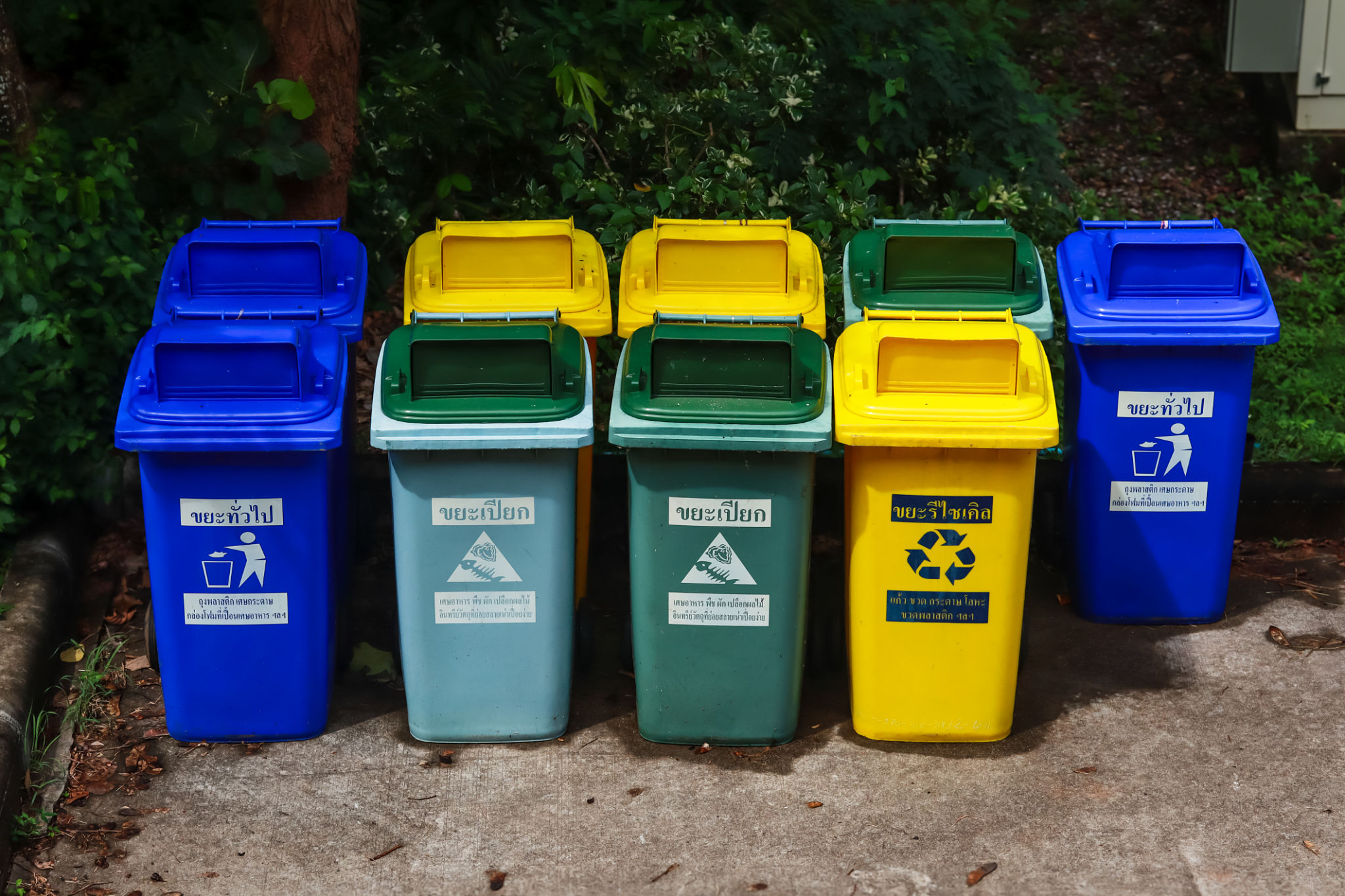Debunking Common Myths About Waste Management
Understanding Waste Management Myths
Waste management is a crucial aspect of maintaining a healthy environment, yet many misconceptions persist about how it works and its impact. These myths can often lead to misunderstandings and improper waste disposal practices. In this blog post, we will debunk some common myths about waste management to help you make more informed decisions.

Myth 1: All Plastics Are Recyclable
A widespread belief is that all plastics can be recycled. However, not all plastics are created equal, and many types of plastic cannot be processed through standard recycling systems. Only certain categories, like PET and HDPE, are widely accepted for recycling. It's important to check local recycling guidelines to understand which plastics are recyclable in your area.
Non-recyclable plastics often end up in landfills or incinerators, contributing to environmental pollution. To combat this, reducing single-use plastics and opting for alternatives is a more sustainable approach.
Myth 2: Waste Management Is Solely the Government’s Responsibility
Many people assume that waste management is entirely a government responsibility. While local authorities play a significant role in waste collection and processing, individuals and businesses also have responsibilities. Proper waste segregation at the source can greatly enhance the efficiency of recycling and waste management systems.

By participating in community clean-up activities and supporting policies aimed at reducing waste, individuals can contribute significantly to effective waste management. Collective efforts from all sectors of society are essential for creating a sustainable future.
Myth 3: Waste Incineration Is Always Harmful
Incineration often gets a bad reputation due to concerns about air pollution and harmful emissions. However, with modern technology, waste-to-energy facilities can safely convert waste into energy while minimizing environmental impacts. These facilities use advanced filtration systems to capture pollutants and generate electricity from waste that cannot be recycled.
It's essential to differentiate between outdated incineration methods and modern waste-to-energy technologies that adhere to stringent environmental standards.

Myth 4: Composting Is Only for Gardeners
Composting is often associated with gardening enthusiasts, but it's a practical waste reduction method for everyone. Composting organic waste like food scraps and yard trimmings can significantly reduce the amount of waste sent to landfills. This process not only diverts waste but also produces nutrient-rich compost that can enrich soil health.
Even if you don't have a garden, composting can be done on a small scale using countertop compost bins or community composting programs. It's an effective way to contribute to a circular economy by turning waste into a valuable resource.
Conclusion: Dispelling Myths for Better Waste Management
Debunking these common myths about waste management is crucial for fostering sustainable practices. By understanding the realities of recycling, recognizing our shared responsibilities, acknowledging the benefits of modern waste-to-energy solutions, and embracing composting, we can all play a part in improving waste management processes.

Educating ourselves and others about these topics can lead to more environmentally friendly habits and policies, paving the way for a cleaner and greener planet. Let's move beyond the myths and take actionable steps toward responsible waste management.